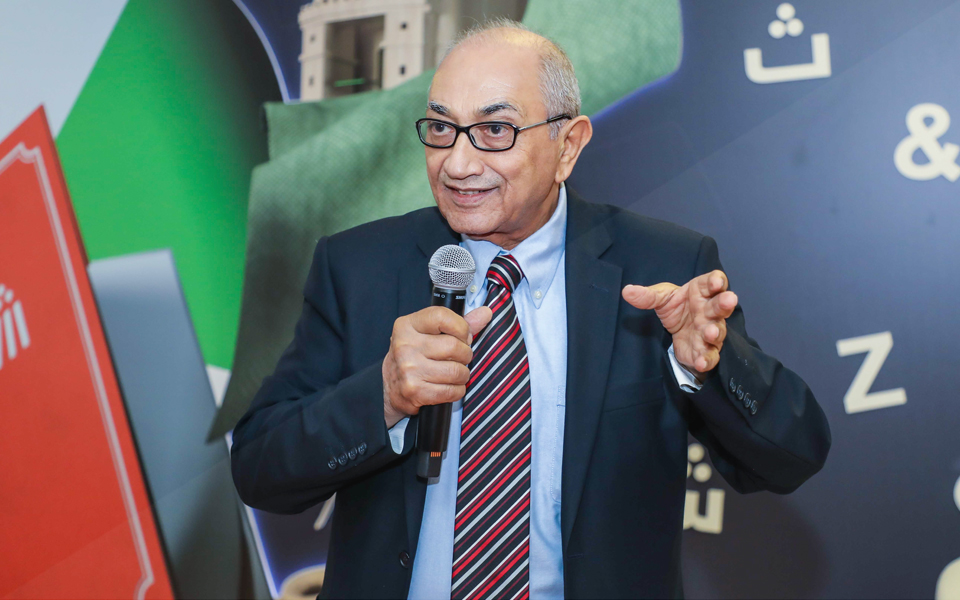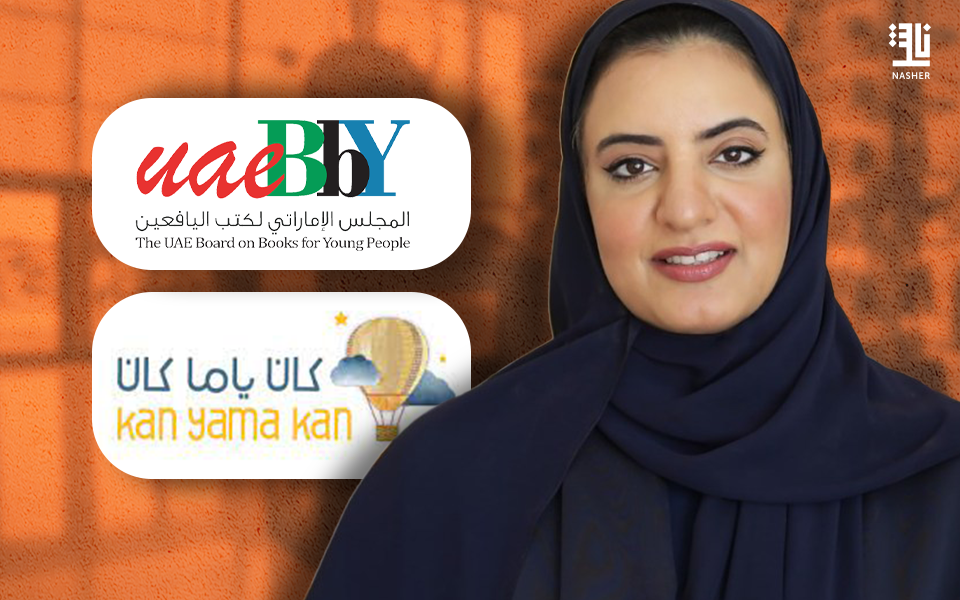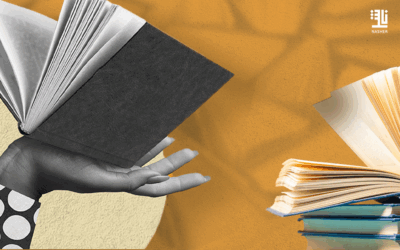كيف نواكب المشهد الروائي العالمي؟
تستأثر الرواية باهتمام عالمي منقطع النظير، ينعكس في عدد الجوائز الأدبية المكرّسة لها في الغرب والشرق على السواء، وأيضاً في القيمتين المادية والمعنوية لهذه الجوائز. وهو اهتمامٌ مرتبطٌ أساساً بتوجهات القراءة، وزيادة إقبال القراء على السرد بعامة، والرواية تحديداً، لما يوفره هذا الجنس الأدبي من عوالم موازية تتعالق مع الواقع وتشبك مع اليوميّ في الحياة وتقدم التفاصيل بأسلوب فنّي جاذب وبسردٍ ممتع ومشوّق.
ورغم هذه المكانة التي تبوأتها الرواية وجعلت الناقد جابر عصفور يرفع الصوت عالياً قبل نحو عقدَين معلناً أن هذا “زمن الرواية”، إلّا أن الصحافة الثقافية العربية لا تولي ما يصدر في مجال الرواية وما يتعلق بها من جوائز ومستجدات الاهتمامَ المناسب. وهو ما يمكن ملاحظته في التجربة الصحفية الإماراتية كما يرى الكاتب المصري زكريا أحمد.
المفارقة التي يلفت أحمد إليها في هذا المجال، أن دولة الإمارات منفتحة بلا حدود على جميع الثقافات العالمية، بينما لا تبدو الصحافة كذلك. وهو رأيٌ قد ينطوي على “قسوة” فيما يتعلق بالصحافة، لكن الغايات النبيلة تبرر ذلك؛ فالمطلوب أن تواكب الصفحات الثقافية المشهد الروائي العالمي، لا أن تكتفي بالوقوف عند عتبة التأريخ للأدب باستدعاء الأعمال الروائية العظيمة التي انقضى زمنها، غافلةً عن الحراك المتزايد في عالم الرواية والذي جعلها الأكثر مبيعاً، والأكثر طباعةً وبملايين النسخ أحياناً.
وجاهةُ الرأي الذي أدلى به زكريا أحمد خلال فعاليةٍ احتضنها معرض الشارقة الدولي للكتاب، بحضور كتّاب ومثقفين وصحفيين عرب، وعدد من طالبات كليات الصحافة والإعلام في الجامعات الإماراتية، تتأتى من أن مؤسساتٍ حكومية وأهلية في الدولة أطلقت جوائز معتبَرة عربياً وتضاهي نظيراتها العالمية، على غرار جائزة الشيخ زايد للكتاب؛ وجائزة الإمارات للرواية التي تقام برعاية سمو الشيخ عبدالله بن زايد آل نهيان، وزير الخارجية، رئيس المجلس الوطني للإعلام؛ والجائزة العالمية للرواية العربية (International Prize for Arabic Fiction) التي أُنشئت في عام 2007بتمويل من هيئة أبوظبي للسياحة والثقافة ودعم من جائزة “بوكر” البريطانية؛ وجوائز معرض الشارقة الدولي للكتاب التي يُكرَّس عدد منها للروايات الإماراتية والعربية والعالمية.
هذه الجوائز كما يوضح زكريا أحمد، يتم تسليط الأضواء عليها وتتبّع مراحل العمل فيها بدءاً من الترشّح لها، مروراً بالفرز ثم إعلان القوائم الطويلة فالقصيرة، وليس انتهاء بالكشف عن أسماء الفائزين بالمراكز الأولى. وفي مرحلة لاحقة يجري الاهتمام بالروايات الفائزة من خلال نشر مقالات ودراسات لكتّاب ونقاد معروفين، كما تُنشر حوارات مع الروائيين الفائزين حول تجاربهم وأبرز سماتها والتحولات التي طرأت عليها.
“لكن المطلوب يتعدى ذلك”، يقول زكريا أحمد، في إشارةٍ إلى ضرورة الإطلالة على المشهد الروائي العالمي، ونشر أخبار ومتابعات وتقارير عن تجلياته في اللحظة الراهنة، وأبرز الإصدارات والإنجازات فيه. وهو يدلل على إغفال الصحافة العربية أحياناً لهذا الأمر، أن جائزة عالمية كبيرة هي (International Dublin Literary Award)، يمرّ الخبر الخاص بها على الصفحات الثقافية مرور الكرام، هذا إن فطن إليه المحرر، بالرغم من الأهمية الاستثنائية لهذه الجائزة التي تتسم بأن قائمتها الطويلة تشمل جميع الروايات المترشحة والتي تنطبق عليها الشروط.
ففي دورتها الأخيرة، بلغ عدد الأعمال المتنافسة 147 كتاباً، من 109 مدن تتوزع على 40 دولة، وقد كُتبت هذه الأعمال بـ 19 لغة (من شروط الجائزة أن تقدَّم الروايات التي كُتبت بلغات أخرى مترجمةً إلى اللغة الإنجليزية).
بمعنى ما، فإن نشر أسماء الروايات في القائمة الطويلة، هو خطوةٌ أولى للتعرف على عالم روائي شديد التنوع والغنى، ويؤشر على حيوية حركة الترجمة إلى الإنجليزية من لغات عدة. وقد يدفع المرءَ إلى الحصول على هذه الروايات بلغاتها الأصلية، وقراءتها، بل والمقارنة بينها وبين النسخ الصادرة بالإنجليزية منها.
وما دام الحديث عن الترجمة، يجدها زكريا أحمد فرصة للثناء على جهود الترجمة في دولة الإمارات التي تتخذ طابعاً مؤسسياً وتستند إلى خطط استراتيجية لنقل آدابنا ومعارفنا إلى لغات أخرى، وفي المقابل التعريف بتجليات الإبداع في الثقافات الأخرى بنقلها إلى العربية.







